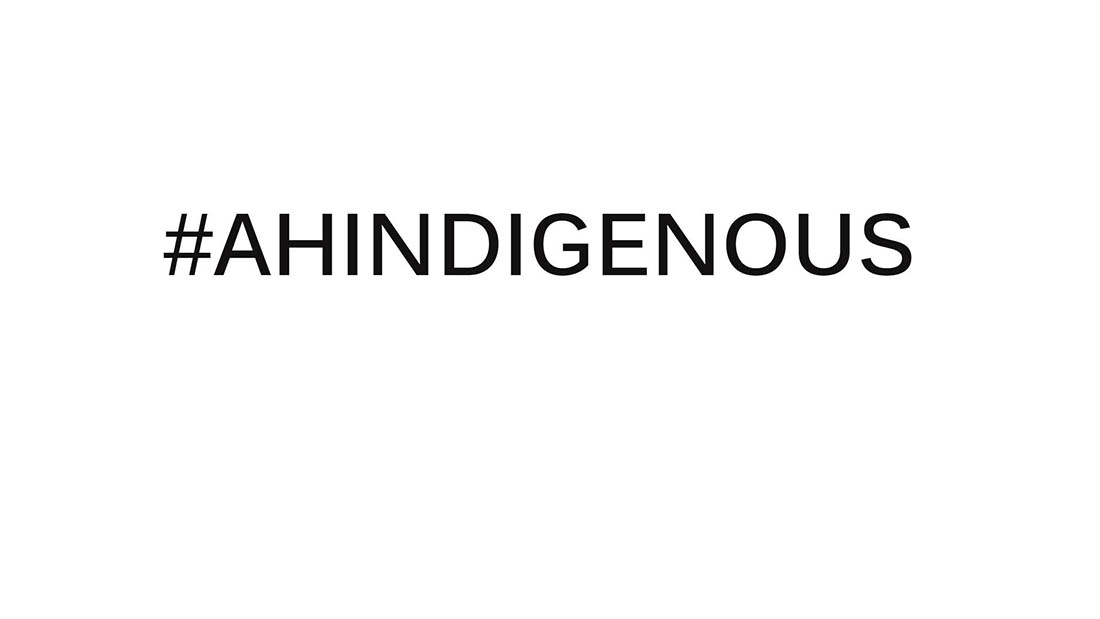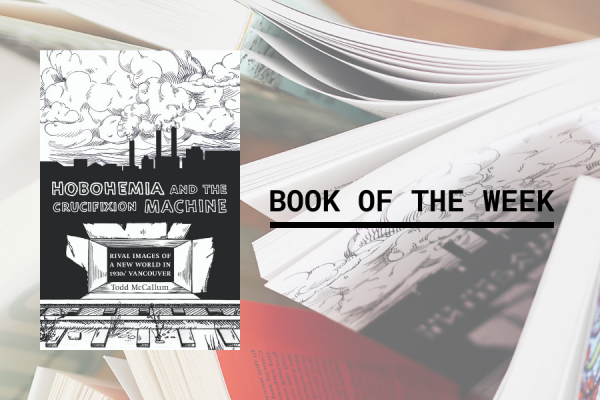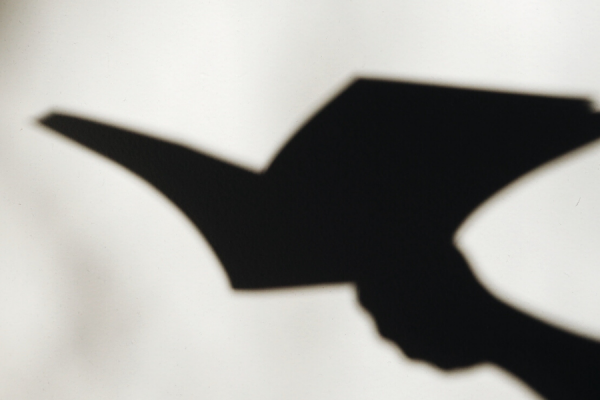At AU Press’ most recent editorial committee meeting, the discussion turned to Indigenous scholarship and a committee member noted that she had recently read a number of interesting articles that appeared on ActiveHistory.ca as a part of their “Indigenous Histories” series. We found a wealth of thought-provoking information in this series and we encourage you to click over to their website to read the full articles. We summarized a few of the articles below for your interest.
Crystal Fraser, guest editor for the series, starts the week by featuring a host of young Indigenous scholars alongside well-known scholars Leanne Simpson and Mary Jane McCallum. Fraser writes of the vibrancy and innovation that these scholars bring to Indigenous research in Canada. She shares that “[We], Indigenous people, are so intimately connected to what we study, because we are continually trying to improve our very existence.”
The second post, by Leanne Betasamosake Simpson, provides a frank list of what change could look like in post-Harper Canada. “The word No,” “Fix what you destroyed,” and “Make the inquiry matter” are a few items on Leanne’s list. “It matters to me profoundly how change is achieved and with whom we achieve it.”
Zoe Todd uses her father’s artwork to make sense of how she relates as a Métis woman to the landscape of Treaty Six Territory. (Her father, Métis artist Garry Todd, painted landscapes of where he was raised. If you are from Edmonton, you will recognize the green and beige house in the featured painting.) Todd describes her role as a scholar as “giving back to the land and stories who have given me so much.”
Billy-Ray Belcourt’s poetic piece on reconciliation will give you pause. He discusses what it means to be politically depressed. Part of the cause of political depression in relation to reconciliation is that patience is required. Belcourt writes, “We have to wait for the then and there in the here and now; how do we preserve ourselves until then?”
Mary Jane McCallum finishes the week-long series with a post about the University of Winnipeg’s recent decision that requires all undergraduate students to take an Indigenous course. McCallum discusses the benefits, but also the limits of this new requirement. She affirms that this course requirement will “carry on a tradition of Indigenous engagement in and critique of education.” Adam Gaudry also discusses the Indigenous course requirement and gives three key components to ensure its effectiveness.
We hope these summaries have convinced you to engage in the “Indigenous Histories” series over at ActiveHistory.


